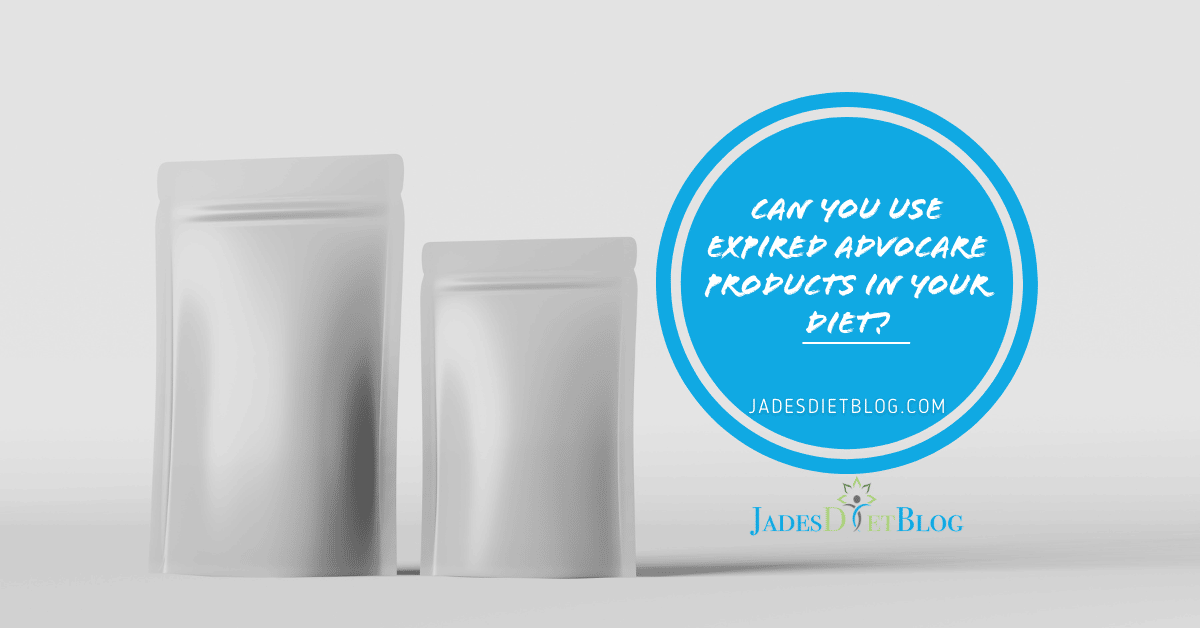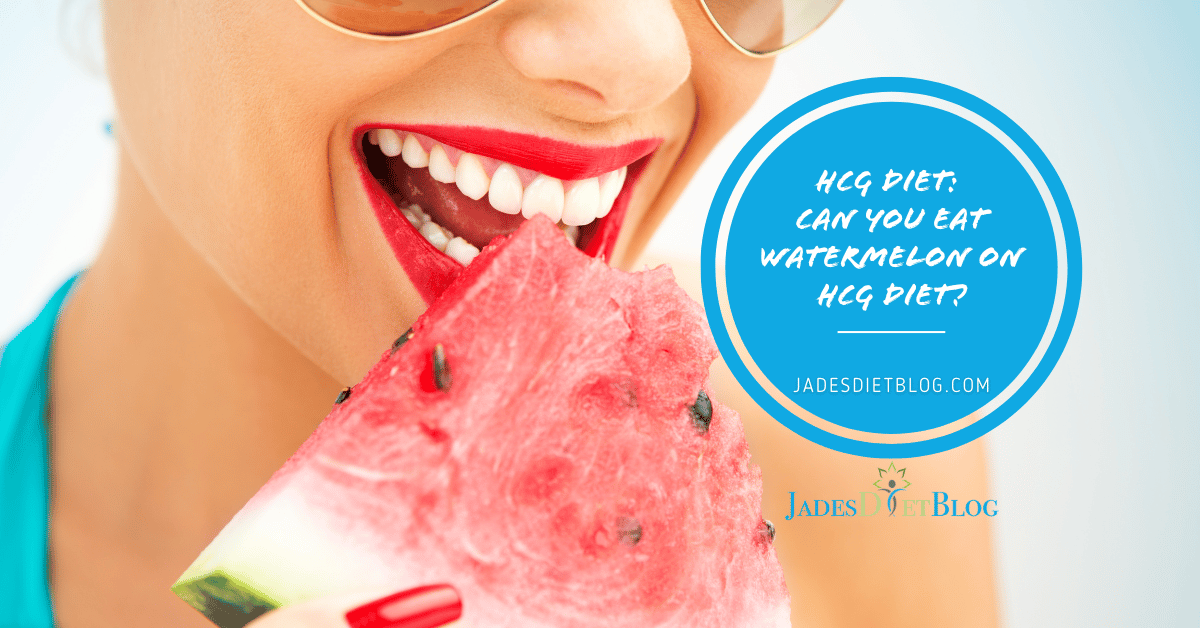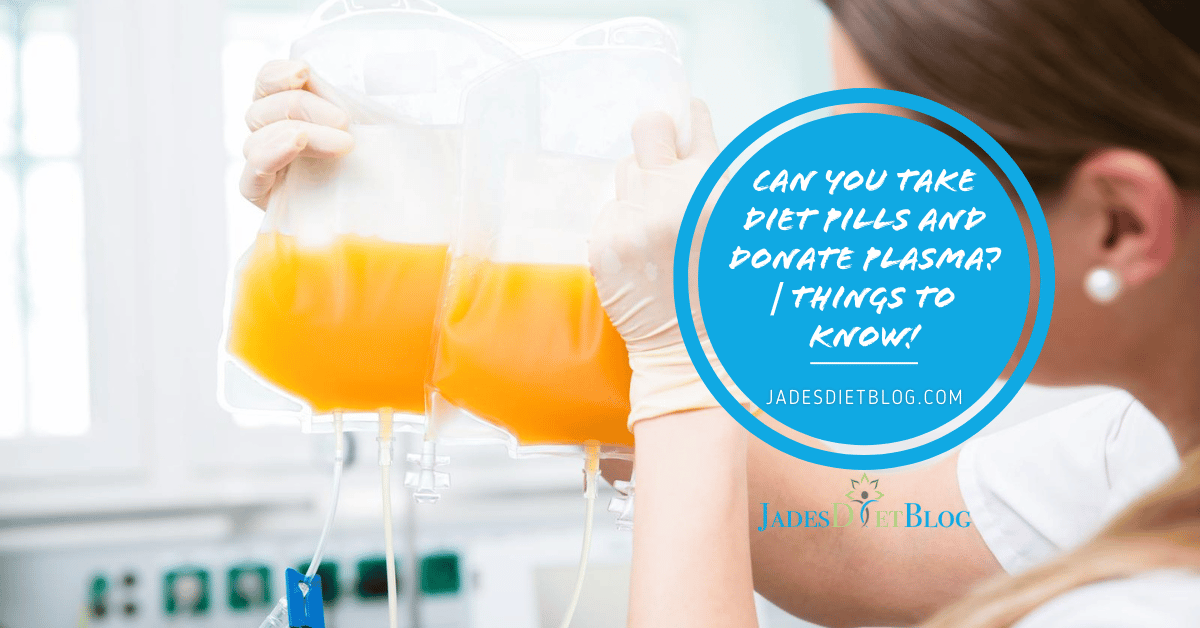Diet tonic water is a popular drink among those who want to watch their calorie intake. It is a low-calorie alternative to regular tonic water, which contains sugar. However, the question remains: is diet tonic water bad for you?
Some people are concerned about the artificial sweeteners used in diet tonic water. These sweeteners have been linked to various health issues, including headaches, digestive problems, and even cancer. However, the FDA has approved the use of these sweeteners in food and beverages, and studies have shown that they are safe to consume in moderation.
Despite the concerns about artificial sweeteners, diet tonic water may have some health benefits. It contains quinine, which has been used for centuries to treat malaria. Quinine has also been found to have anti-inflammatory properties, which may help reduce the risk of certain diseases. Additionally, diet tonic water is a good source of hydration and can help you stay hydrated throughout the day.
Contents
Understanding Diet Tonic Water

Diet tonic water is a popular choice for people who want to enjoy the taste of tonic water without the added sugar and calories. It is a low-calorie alternative to regular tonic water that is often used as a mixer for alcoholic beverages.
Diet tonic water typically contains artificial sweeteners, such as aspartame or sucralose, instead of sugar. While this may make it a better choice for people who are watching their calorie intake, it is important to note that artificial sweeteners have been a topic of debate in the scientific community.
Some studies have suggested that consuming artificial sweeteners may be linked to weight gain, while others have found no significant association. However, the general consensus is that consuming moderate amounts of artificial sweeteners is safe for most people.
It is also worth noting that diet tonic water may still contain quinine, which is a bitter compound that is derived from the bark of the cinchona tree. Quinine has been used for centuries to treat malaria and is still used in small doses to treat certain conditions, such as leg cramps.
Overall, while diet tonic water may be a better choice for people who are watching their calorie intake, it is important to consume it in moderation and be aware of the potential risks associated with artificial sweeteners.
Key Ingredients in Diet Tonic Water
Diet tonic water is a popular mixer for alcoholic drinks and is often marketed as a healthier alternative to regular tonic water. However, it is important to understand the key ingredients in diet tonic water to determine if it is bad for you or not. Here are the main ingredients to be aware of:
Artificial Sweeteners
Diet tonic water contains artificial sweeteners, such as aspartame or saccharin, instead of sugar. These sweeteners are used to provide the sweet taste without adding calories. However, there are concerns about the safety of artificial sweeteners, and some studies have linked them to health issues such as cancer, weight gain, and metabolic syndrome. While the FDA has approved the use of these sweeteners in moderation, it is important to be aware of the potential risks.
Quinine
Quinine is the key ingredient in tonic water that gives it its distinctive bitter taste. It is also used to treat malaria and other conditions. However, consuming large amounts of quinine can be harmful, and it is not recommended for pregnant women or people with certain medical conditions. The amount of quinine in tonic water is generally safe, but it is important to be aware of the potential risks.
Carbonated Water
Carbonated water is the main ingredient in tonic water, and it is what gives it its fizz. While carbonated water is generally safe to consume, some people may experience digestive issues or discomfort after drinking it. It is also important to note that carbonated water may contain small amounts of sodium, which can be a concern for people on a low-sodium diet.
Preservatives
Diet tonic water may contain preservatives, such as sodium benzoate, to extend its shelf life. While preservatives are generally considered safe, some people may be sensitive to them and experience allergic reactions or other health issues. It is important to read the label and be aware of any preservatives that may be in the diet tonic water you are consuming.
In conclusion, diet tonic water contains several key ingredients that may have potential risks and side effects. While it is generally safe to consume in moderation, it is important to be aware of the potential risks and to make an informed decision based on your individual health needs and concerns.
Health Implications of Diet Tonic Water
Diet tonic water is a popular beverage among people who want to enjoy the taste of tonic water without the added sugar and calories of regular tonic water. While it may seem like a healthier alternative, there are still some health implications to consider.
Effects on Blood Sugar Levels
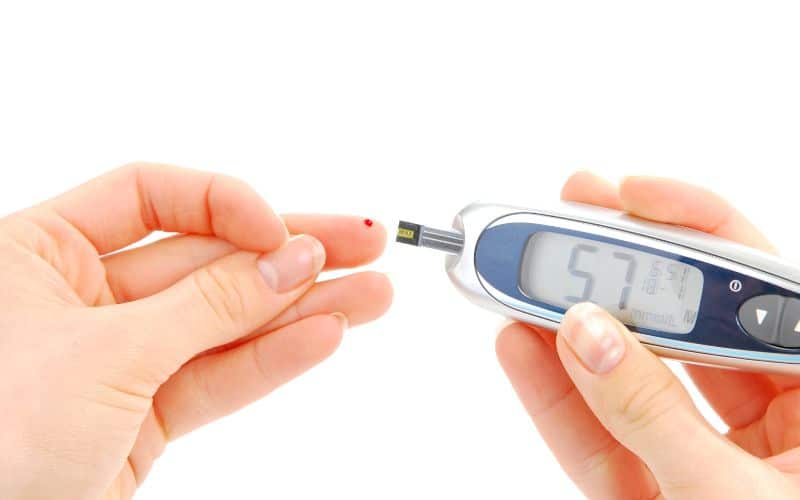
Diet tonic water is often sweetened with artificial sweeteners such as aspartame or sucralose. While these sweeteners do not contain calories, they can still have an impact on blood sugar levels. Some studies have suggested that artificial sweeteners may affect insulin sensitivity and glucose metabolism, potentially leading to higher blood sugar levels and an increased risk of type 2 diabetes. However, more research is needed to fully understand the long-term effects of artificial sweeteners on blood sugar levels.
Impact on Kidney Health
Diet tonic water contains quinine, which is a natural alkaloid that gives tonic water its distinctive bitter taste. While quinine is generally considered safe in small amounts, excessive consumption can lead to quinine toxicity, which can cause kidney damage, hearing loss, and other health problems. However, the amount of quinine in diet tonic water is generally considered to be safe for most people, as long as it is consumed in moderation.
Influence on Weight Gain
Diet tonic water is often marketed as a low-calorie or calorie-free alternative to regular tonic water. While it is true that diet tonic water contains fewer calories than regular tonic water, it is important to note that it still contains artificial sweeteners, which have been linked to weight gain and other health problems. Additionally, some studies have suggested that consuming diet beverages may actually increase appetite and lead to overeating, potentially negating any calorie savings from choosing a low-calorie beverage.
Potential Allergic Reactions
Some people may have an allergic reaction to quinine, which is found in both regular and diet tonic water. Symptoms of quinine allergy can include hives, itching, difficulty breathing, and swelling of the face, lips, tongue, or throat. If you experience any of these symptoms after consuming diet tonic water, you should seek medical attention immediately.
Overall, while diet tonic water may be a better choice than regular tonic water for those who are watching their sugar and calorie intake, it is important to consume it in moderation and be aware of its potential health implications. As with any dietary choice, it is always best to consult with a healthcare professional to determine what is best for your individual needs.
Comparing Diet Tonic Water with Regular Tonic Water
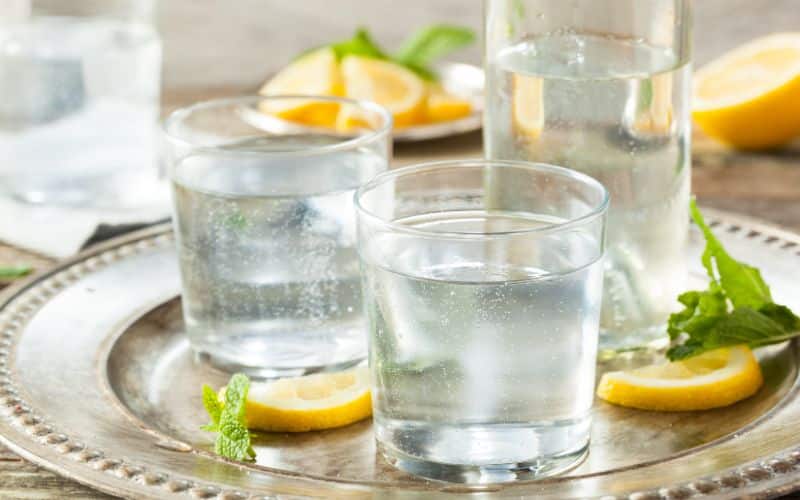
Tonic water is a popular mixer used in many cocktails and drinks. However, it is often loaded with sugar, which can be unhealthy for those who are trying to watch their calorie intake. As a result, many people opt for diet tonic water as a healthier alternative. In this section, we will compare diet tonic water with regular tonic water to determine which one is better for you.
Nutritional Differences
The main difference between diet tonic water and regular tonic water is the sugar content. Regular tonic water is loaded with sugar, with one bottle containing up to 30g of sugar, which can be detrimental to one's health. On the other hand, diet tonic water is sugar-free and contains artificial sweeteners like aspartame or sucralose to provide sweetness.
Taste Differences
Diet tonic water has a distinct taste that is different from regular tonic water. This is because it uses artificial sweeteners instead of sugar. Some people may find the taste of diet tonic water to be less sweet or slightly bitter. However, others may not notice any difference in taste between the two.
Quinine Content
Both diet tonic water and regular tonic water contain quinine, which is a compound that gives tonic water its distinctive bitter taste. However, regular tonic water may contain more quinine than diet tonic water, which can be harmful in large amounts.
Conclusion
In conclusion, diet tonic water is a healthier alternative to regular tonic water due to its sugar-free content. However, it is important to note that diet tonic water may contain artificial sweeteners, which can have their own health risks if consumed in large amounts. It is always best to consume tonic water in moderation and consult a doctor if you have any concerns about your health.
Scientific Studies on Diet Tonic Water
Diet tonic water is a low-calorie alternative to regular tonic water, which is known for its high sugar content. However, there is some concern about the safety of diet tonic water due to the use of artificial sweeteners, such as aspartame, in its formulation. Here, we will discuss the scientific studies that have been conducted on the safety of diet tonic water.
A study published in the Journal of the American College of Cardiology found that consumption of artificially sweetened beverages, including diet tonic water, was associated with an increased risk of stroke and dementia. However, the study had several limitations, including its observational design and the possibility of reverse causation. It is also worth noting that the study did not specifically focus on diet tonic water, but rather on artificially sweetened beverages in general.
Another study published in the journal Nutrients found that consumption of diet tonic water did not have a significant effect on blood glucose levels or insulin response in healthy individuals. However, the study did note that further research is needed to determine the long-term effects of consuming artificial sweeteners.
Overall, the scientific studies on the safety of diet tonic water are limited and inconclusive. While some studies have suggested that consumption of artificially sweetened beverages may be associated with negative health outcomes, others have found no significant effects. It is important to note that individual responses to artificial sweeteners may vary, and more research is needed to fully understand their potential health effects.
Conclusion
While diet tonic water may seem like a healthier alternative to regular tonic water, it still contains artificial sweeteners that can have negative effects on your health. Drinking diet tonic water regularly can lead to weight gain, increased risk of metabolic syndrome, and even heart disease.
Additionally, tonic water, whether diet or regular, contains quinine, which can have negative side effects on certain individuals. Those with a history of quinine sensitivity or glucose-6-phosphate dehydrogenase deficiency should avoid tonic water altogether.
Overall, while diet tonic water may seem like a good option for those looking to cut back on sugar and calories, it is important to remember that it still contains artificial sweeteners and quinine. Moderation is key, and it is always a good idea to consult with a healthcare professional before making any significant changes to your diet.
Frequently Asked Questions
Is it bad to drink diet tonic water everyday?
Drinking diet tonic water every day is generally considered safe for most people, as long as it is consumed in moderation. However, it is important to note that diet tonic water contains artificial sweeteners, which can have negative health effects if consumed in large quantities.
Can you drink too much diet tonic water?
Yes, it is possible to drink too much diet tonic water. While it is generally safe for most people to consume in moderation, excessive consumption can lead to negative health effects.
How much diet tonic water is too much?
There is no specific amount of diet tonic water that is considered "too much" as it can vary depending on the individual's health and lifestyle factors. However, it is recommended to consume it in moderation and consult with a healthcare professional if you have any concerns.
What are the side effects of tonic water?
Tonic water contains quinine, which can cause side effects such as headache, nausea, and abdominal pain in some people. It is important to note that these side effects are more likely to occur with excessive consumption of tonic water.
Does diet tonic water have any health benefits?
Diet tonic water does not have any significant health benefits beyond its hydrating effects. However, it is a low-calorie alternative to regular tonic water, which can be beneficial for those looking to reduce their calorie intake.
How much sugar is in diet tonic water?
Diet tonic water is typically sweetened with artificial sweeteners and contains little to no sugar. However, it is important to check the nutrition label of specific brands to ensure they do not contain added sugars.



